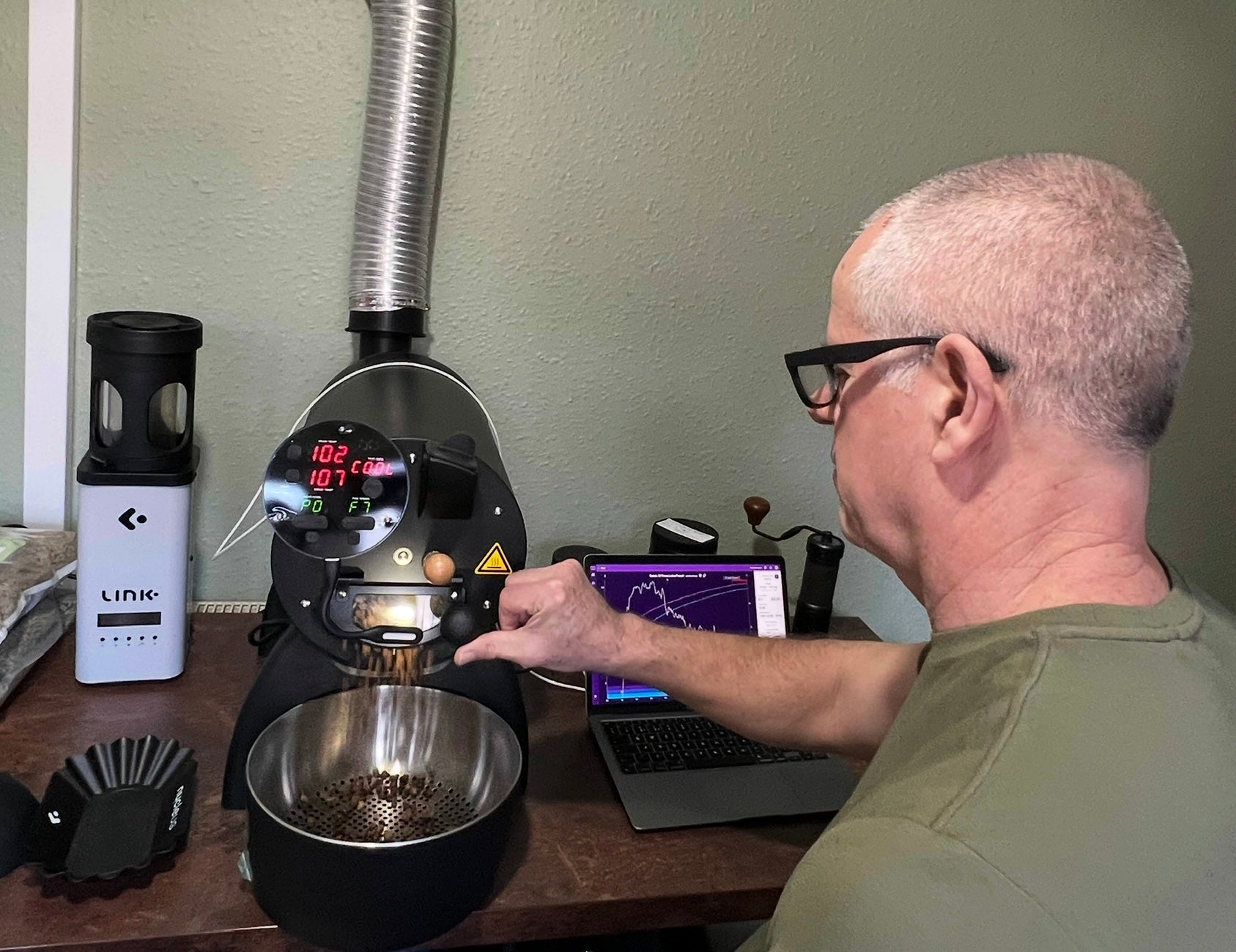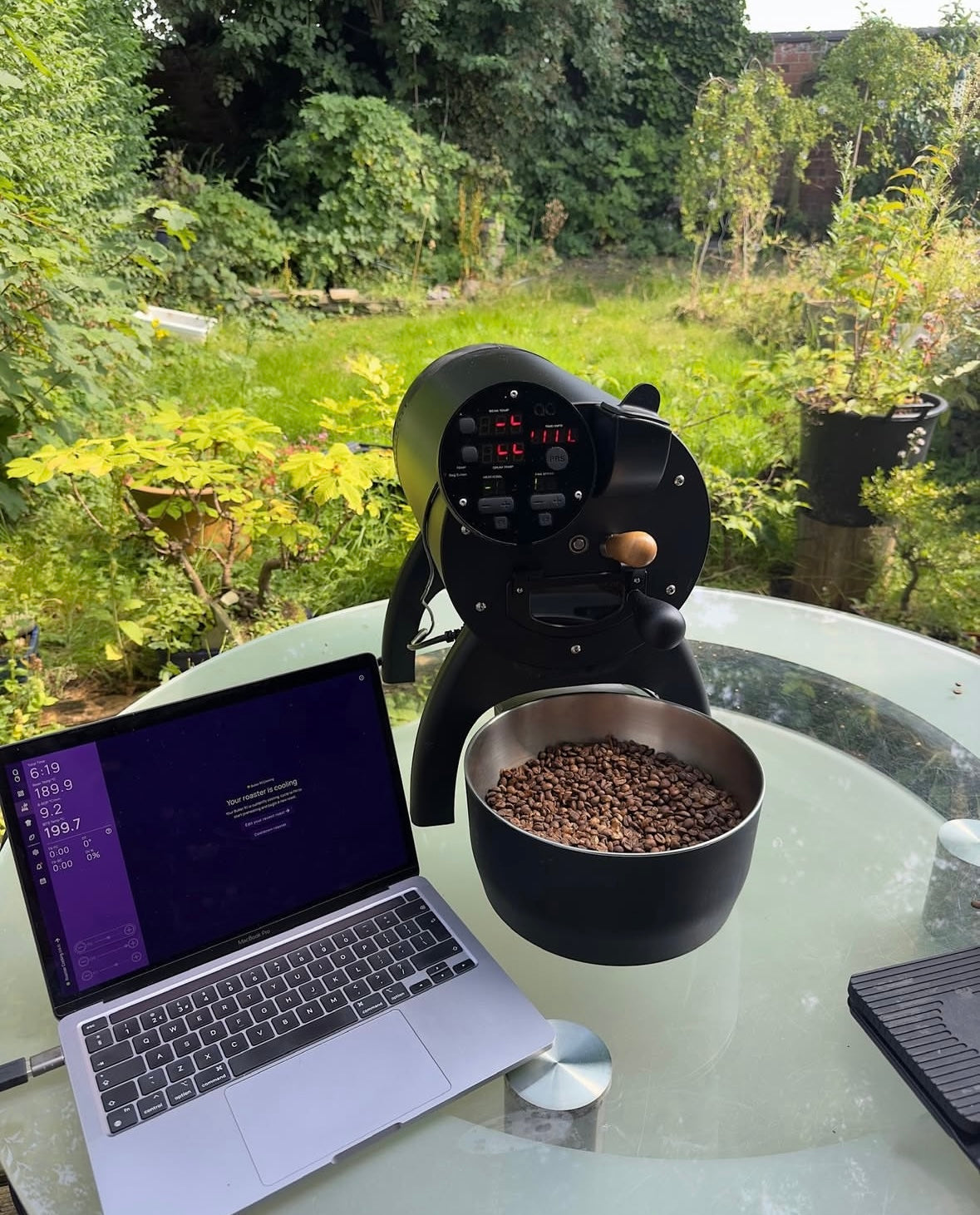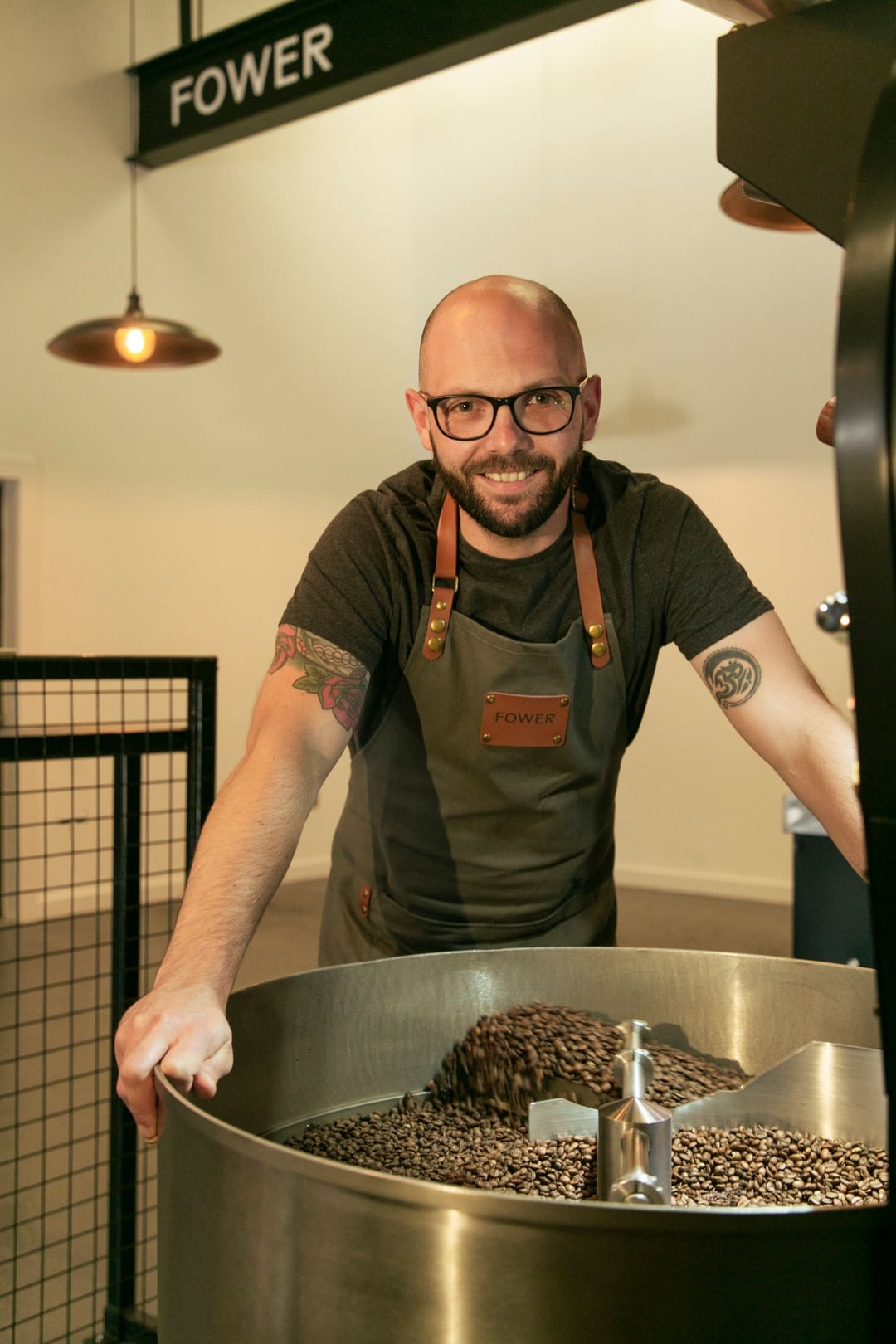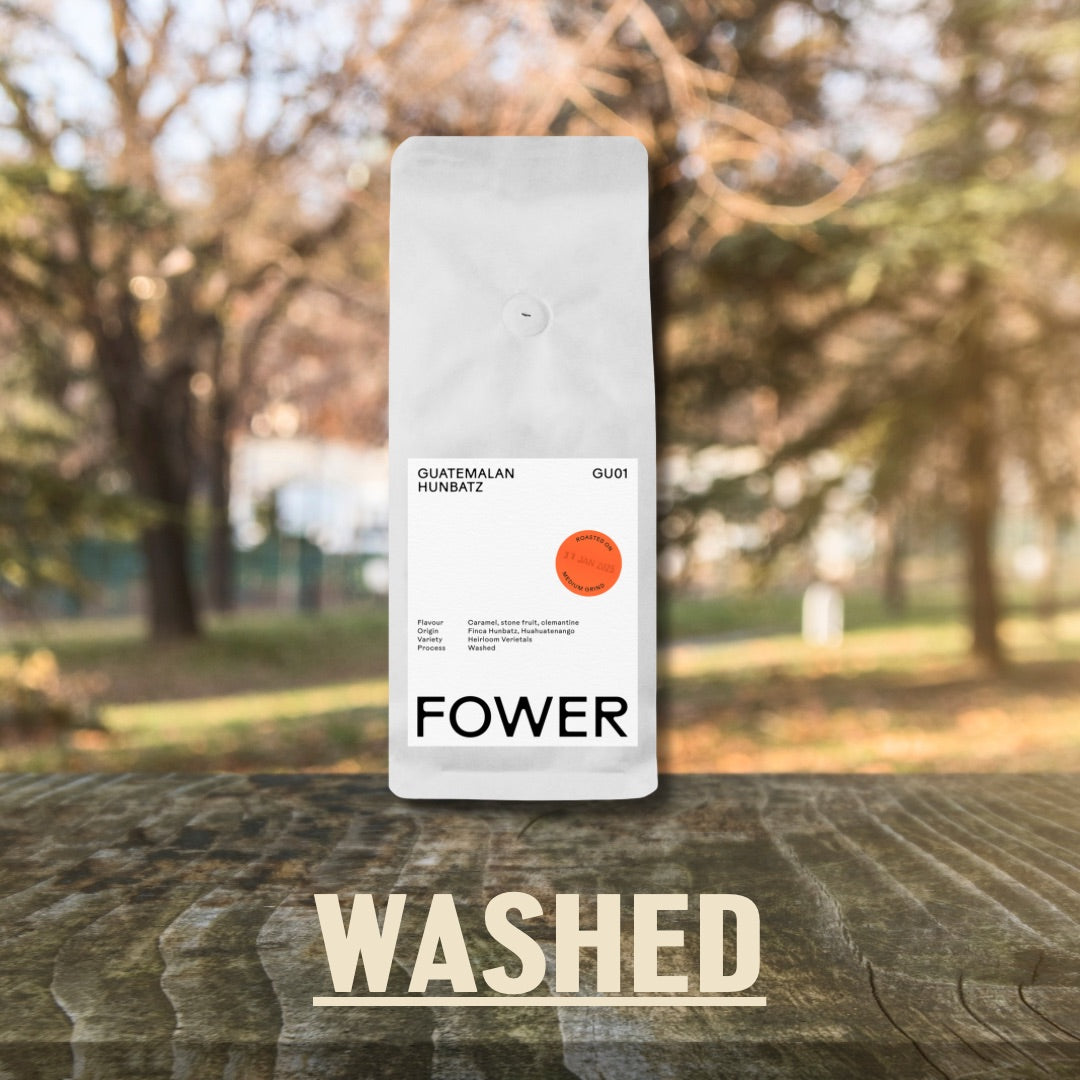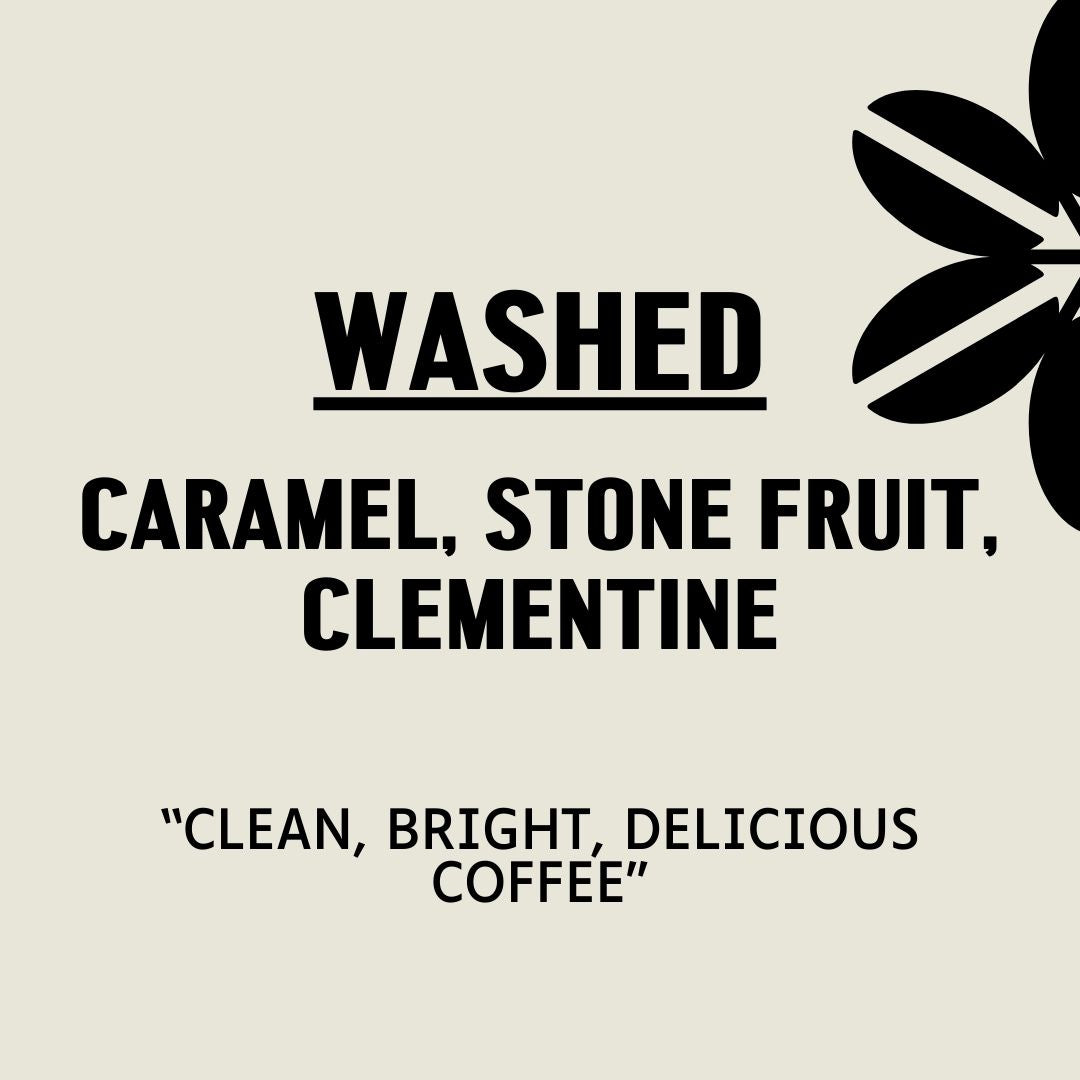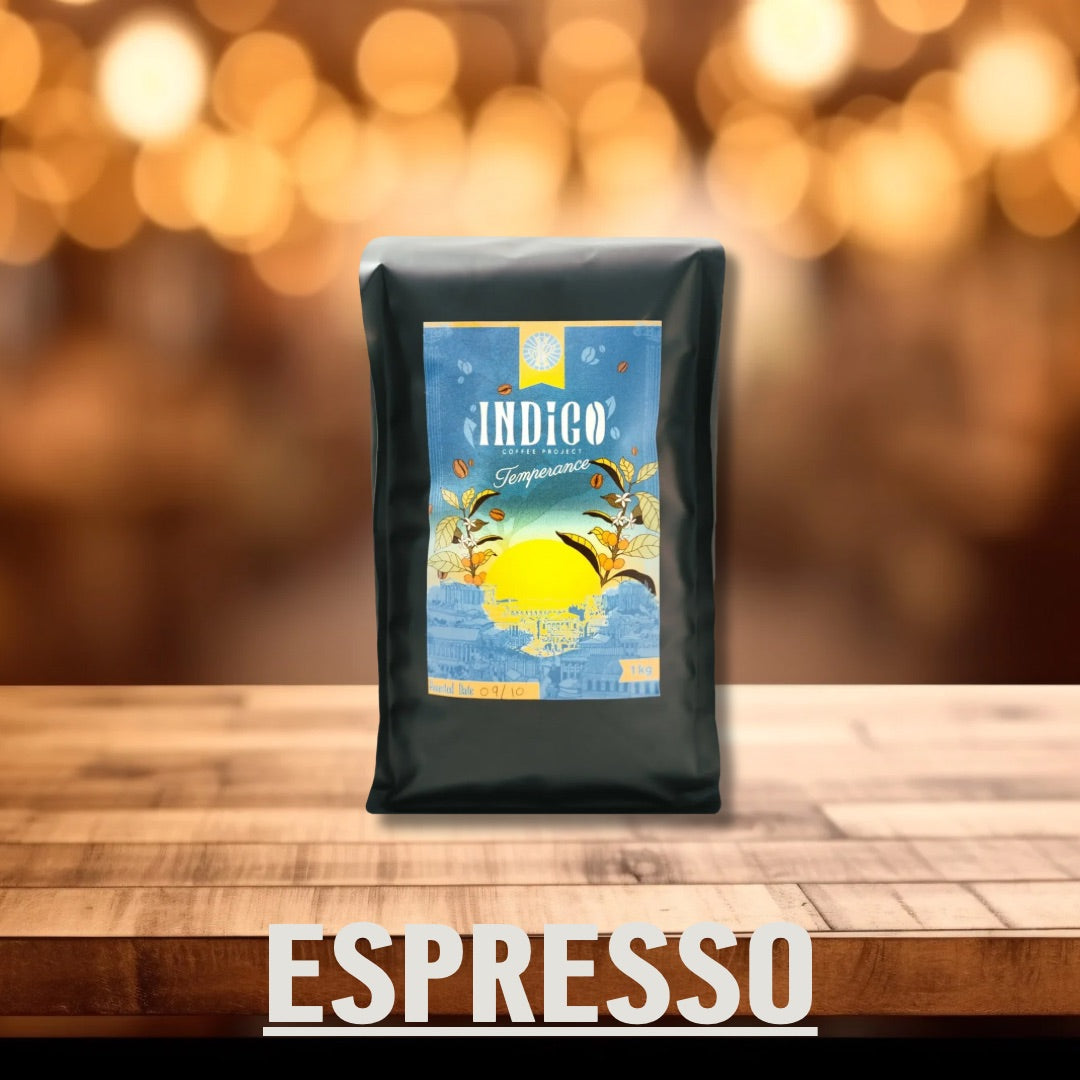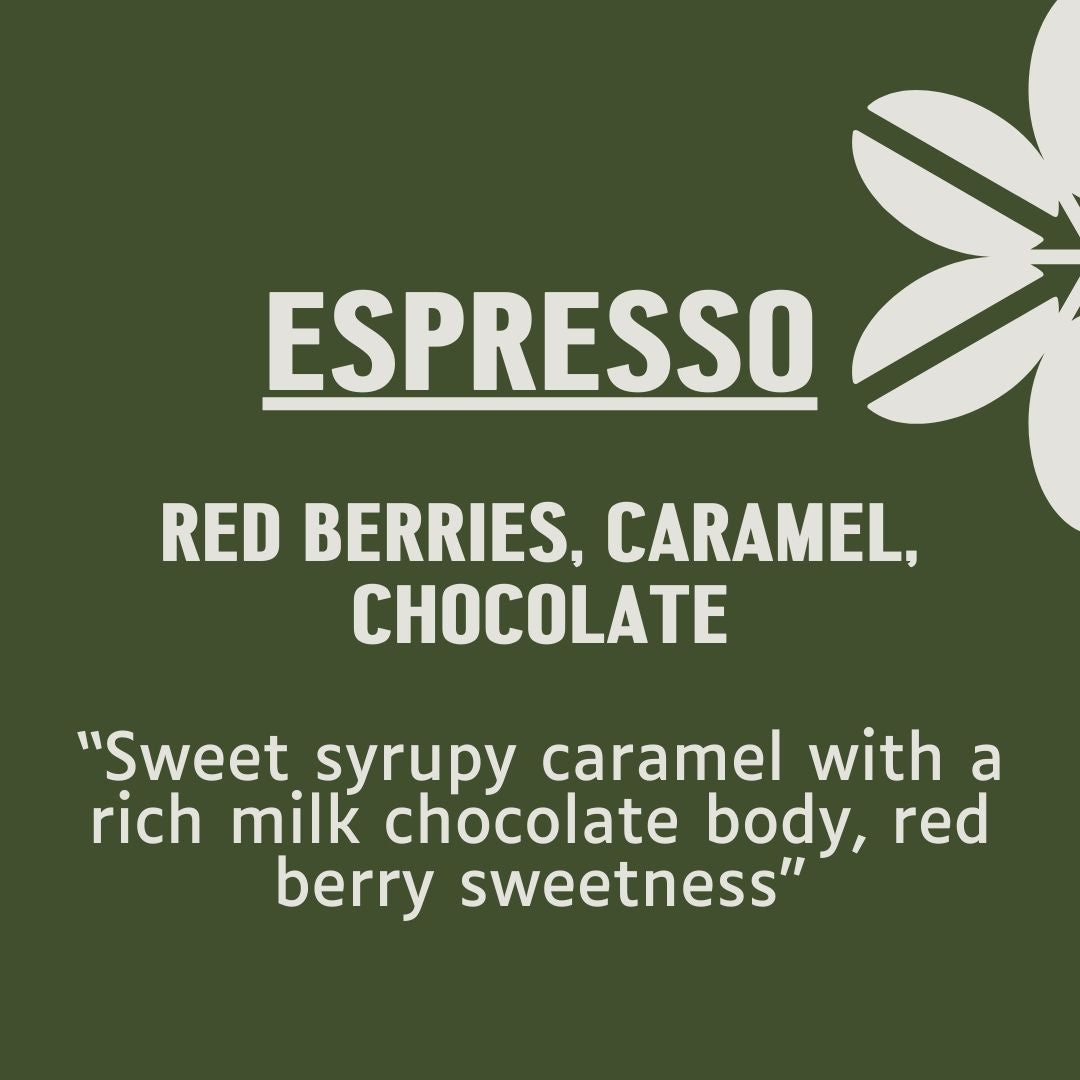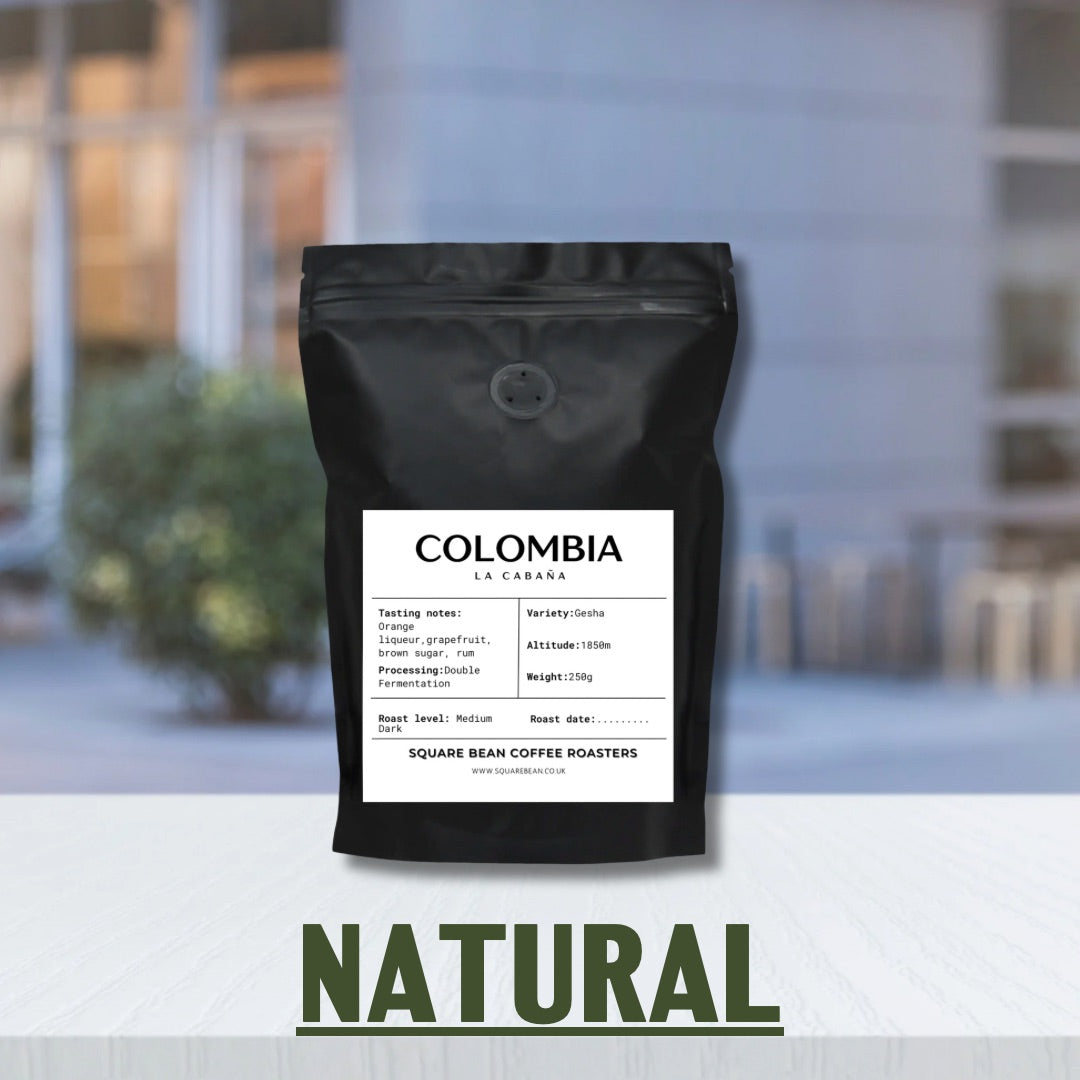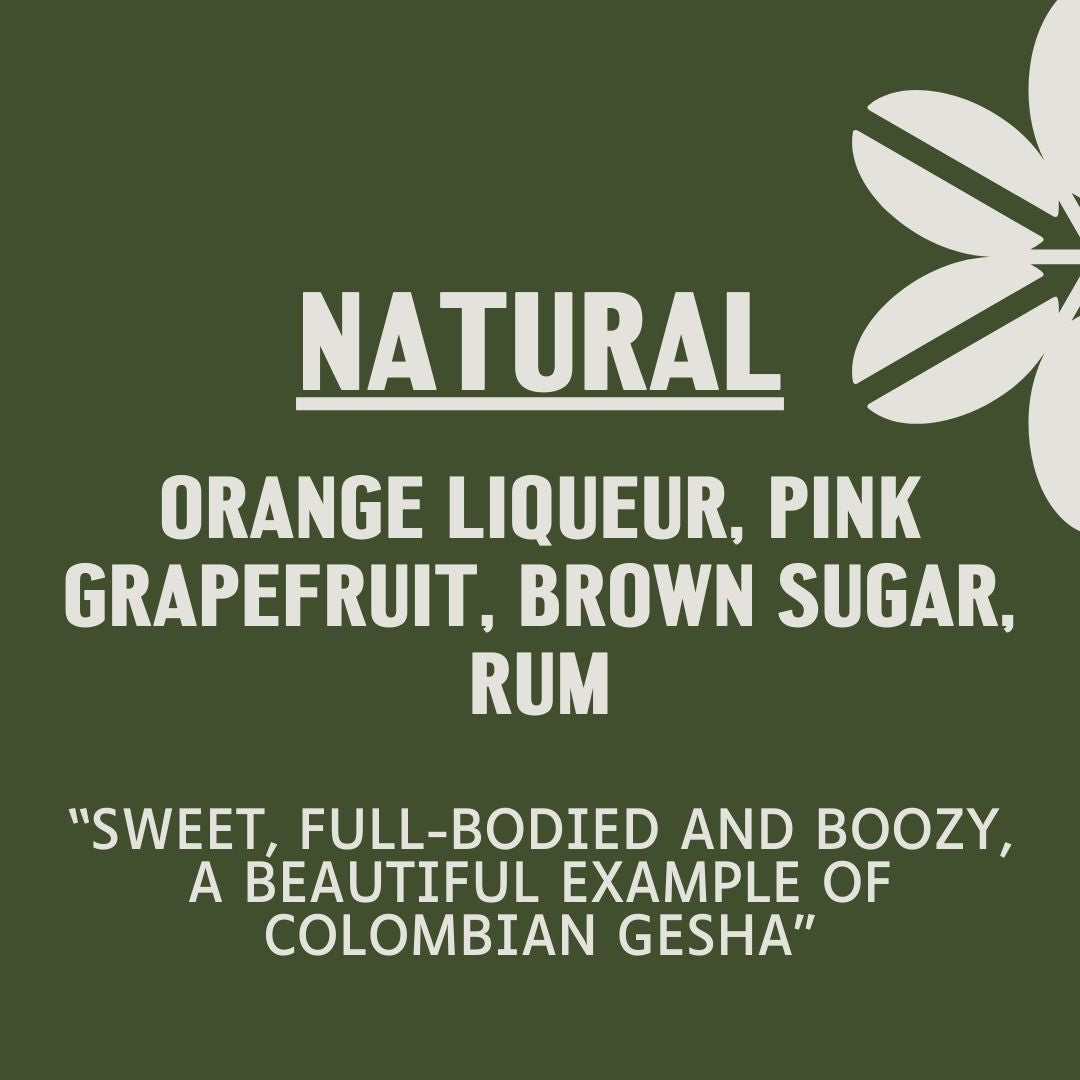We hear the word varietals a lot, mostly to describe coffee beans, or grapes if it's wine that you’re into. What does it mean, what's the deal? We all recognise some of the names you see most frequently, but I figured we should explore this together, right?
So, to put it plainly, a varietal is a subspecies of coffee. Where Arabica or Canephora (that's robusta to you and me) are the species, the likes of Typica or Bourbon are your varietals. You might also hear the word cultivar thrown in the mix. A cultivar is in essence the same as a varietal with one main distinction, varietals are naturally occurring subspecies and a cultivar is one that only exists because of human intervention, you might also see them called hybrids - but let's just call them varietals for now.
WHICH ONES DO I NEED TO KNOW?
All the coffee that you’ll find here is going to be Arabica, it has less caffeine than Robusta, which is ordinarily used for commercial-grade coffee (you can read more about that here), but it generally tastes better, it has more complexity and better acidity.
So how many different varietals are there? From what I can find, there are around 40 plus, but these are some of the most important and of course, the tastiest, below.
TYPICA
Typica kinda sits on top of the tree, when we’re looking at varietals. It's like the mother of Arabica, with its roots in Ethiopia this plant dates back to the 15/16th centuries. It has since been grown in essentially all coffee-growing regions in some guise - in general, it is known for producing an elegant cup, with complex florals and fruits. However, it is pretty low yield and not overly hardy; it is quite susceptible to pests and diseases. Which means there are better choices for most farmers.
BOURBON;
Bourbon is a natural mutation of Typica and arguably equally as important. Seeds from the Bourbon plant were taken from Ethiopia to Yemen around the same time as those from Typica, before being transported to, you guessed it, Ile Bourbon (now known as La Réunion) by the French and later onto the Americas and Africa. Bourbon has a higher yield than Typica but is still as susceptible to disease, it often produces an outstanding cup famed for its sweetness.
GESHA
You can't talk varietals without mentioning Gesha, right? Gesha isn't the be-all and end-all of coffee, but it's certainly held pretty universally in high regard, it also fairly universally commands a high price, but why is that? So Gesha is fairly young as a varietal when compared to the likes of Typica and Bourbon, we’re talking around the 1950s here. But that's just its discovery, at Gesha village, Ethiopia, it didn't really take off until 2004, in a Best of Panama Competition. It is a rust-resistant crop brought to Panama by Don Pachi, who is thought to have shared the seed with his neighbours also. Gesha has made some record-breaking sales at auction, notably in 2023 seven pounds, that's around 3 kilos, of honey processed Gesha from Elida estates sold for over $42,000, which is around $14,000 a kilo in new money. Mind-blowing! I have been fortunate enough to try a Gesha from Elida (no, not that one!) and it was outstanding. Gesha is known for its delicate florals and light stone fruit flavours.
ETHIOPIA HEIRLOOM
This is interesting, or to me at least. Heirloom is more like an umbrella term than one specific varietal. It covers a number of landrace varietals, grown in Ethiopia, which is much regarded as the birthplace of Arabica coffee. As such there are a number of wild, native varietals that don't have a huge amount of historical documentation, so fall under the term Heirloom. Recently there has however been an increase in other varietals planted in Ethiopia, thanks to JARC in the city of Jimma, Ethiopia.
PACAMARA
Pacamara is a hybrid of Bourbon lineage, Pacas and Typica lineage Maragogype, created in 1958 in El Salvador. Pacamara is not the easiest varietal to grow, it has been known to revert back to its original Pacas form, however, it often ranks highly in Cup of Excellence competitions, with great clarity and depth of flavour. It's also notable by its size, which it inherits from the Maragogype side, producing particularly large beans. This hybrid thrives in cooler temperatures and higher elevations.
SL28 AND SL34
These two have similar origin stories, selected out of Scott Laboratories, now known as National Agricultural Laboratories (NARL), between 1935 and 1939. SL28 comes from a single plant in a collection named Tanganyika Drought Resistant (Tanzania) and SL34 from French Mission, genetically linked to Bourbon/Typica. SL34 is most commonly found in Kenya, it prefers high rainfall and high altitudes, and it produces exceptional quality coffees in good yields, but is susceptible to disease. SL28, now fairly widespread across Africa, produces a lower yield than SL34, but even higher quality cups than SL34. SL28 is typically where the most common descriptors in African coffee come from, blackcurrant, citrus and berries, these are highly regarded coffees and for good reason!
We could go on here for some time, there are so many important varietals each with their own unique attributes and typical flavour profiles, but let's keep it short(ish) and sweet for now. Look out for some of these varietals next time you’re buying coffee and see if there are any trends in the coffees you like - the more you know the easier it is to always choose something you’ll like!


